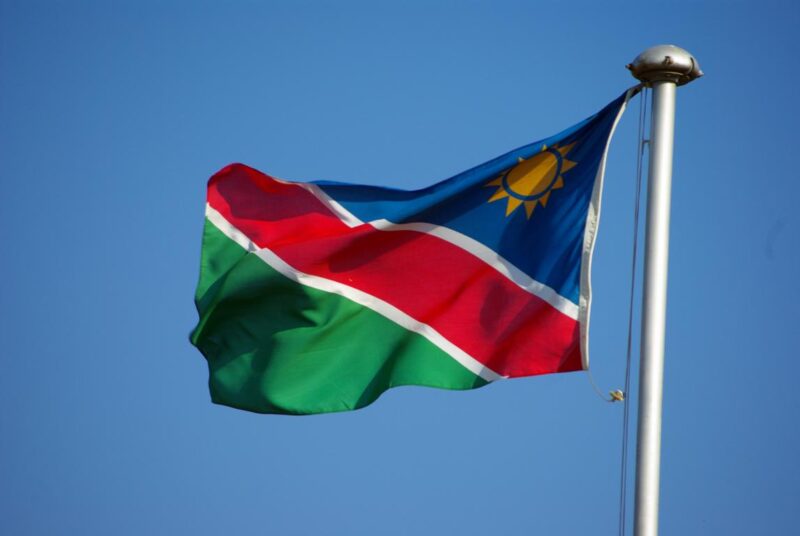On May 28, Germany formally apologized for the genocide of the Herero and Nama people of Namibia during the nation’s colonial period. As part of this apology, the German government offered to fund 1.1 billion euros worth of reconstruction and development projects in Namibia over 30 years. While this offer has been accepted by some groups in Namibia, it has also garnered major criticism.
Among those who accept Germany’s apology and compensation include Namibian President Hage Geingob. A spokesperson for Geingob told Reuters that the move was “a step in the right direction.” One group of traditional chiefs has already accepted the compensation offer. Gerson Katjirua, head of the Ovaherero/OvaMbanderu and Nama Council, which consists of 21 tribal chiefs, said “We resolved to accept this offer because what is paramount to us is not the amount of money we are getting from the German government but the restoration of our dignity.”
However, others have argued that the German offer does not go far enough. Namibian 2nd Vice President Nangolo Mbumba stated on June 4 that the German offer did not go far enough. Speaking to reporters, Mbumba said, “No amount of money in any currency can truly compensate the life of a human being… We need to recognize that the amount of 1.1 billion euros agreed upon between the two governments is not enough and does not adequately address the initial quantum of reparations initially submitted to the German Government.” Likewise, Herero paramount chief Vekuii Rukoro saw the deal between the German and Namibian governments as an insult. “That’s a black cat in the bag instead of reparations for a crime against humanity,” Rukoro told Reuters. “No self-respecting African will accept such an insult in this day and age from a so-called civilized European nation.” Other chiefs have also rejected the offer and instead seek 487 billion euros to be paid over 40 years along with pension funds for the affected communities.
The genocide of the Herero tribespeople took place between 1904 and 1908 in present-day Namibia which, at the time, was called German southwest Africa. Forces under the leadership of German General Lothar von Trotha quickly engaged in what is now recognized as the first genocide of the 20th century. Ordered to put down a revolt from the Herero people, German forces engaged in policies such as restricting the Herero to the Namib desert – a strategy that led to widespread starvation and dehydration. Later, the Herero and Nama were imprisoned in concentration camps where medical experiments, scientific racism, and disease contributed to high mortality rates. One camp, Shark Island, was reported to see 12 – 18 people die per day. According to missionary reports, 80% of prisoners sent to Shark Island died in the camp. Historians are uncertain about the exact number of deaths but it is understood that 24,000-100,000 members of the Herero, 10,000 Nama, and an unknown number of San died in the genocide. The media usually cite the United Nations’ official death toll of 65,000.
Germany has apologized numerous times in recent decades but this most recent apology is the first to offer financial compensation and recognize the event as genocide. While the amount granted as reparations is perhaps not adequate to address the attempted extermination of the Herero and Nama peoples, it marks a positive step towards accepting responsibility. It is hoped that other colonial powers with similar histories also recognize their culpability and, crucially, assist the nations which continue to struggle in the shadow of colonialism.
- American Hypersonic Missile Test Signifies New Arms Race - October 27, 2021
- A New Arms Race? Successful Hypersonic Missile Test By China Heralds A New Era - October 20, 2021
- U.S.-Taliban Talks Underway In Qatar - October 10, 2021


